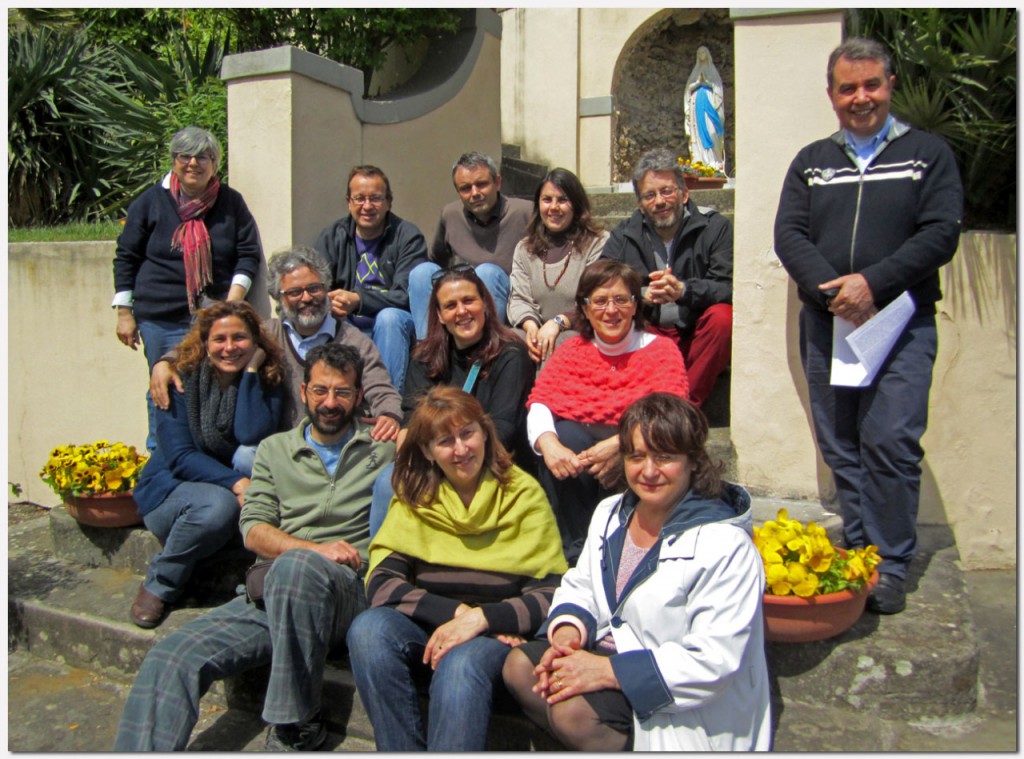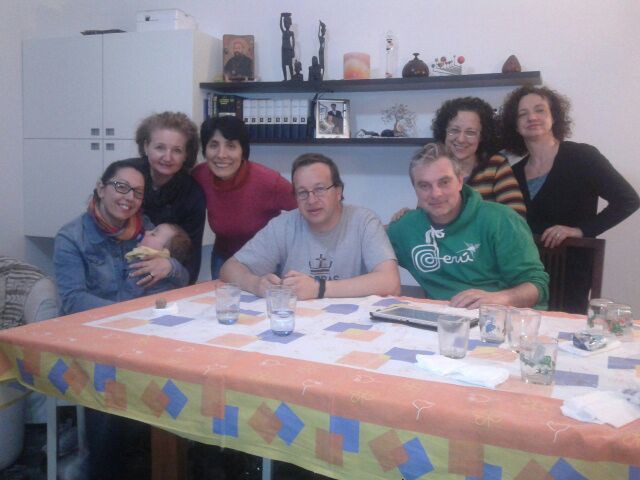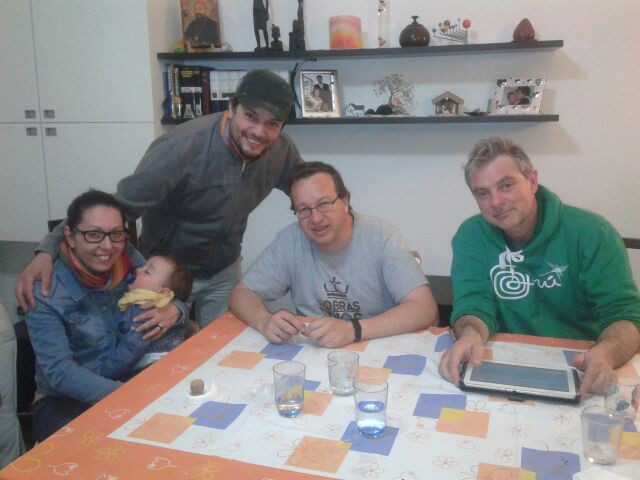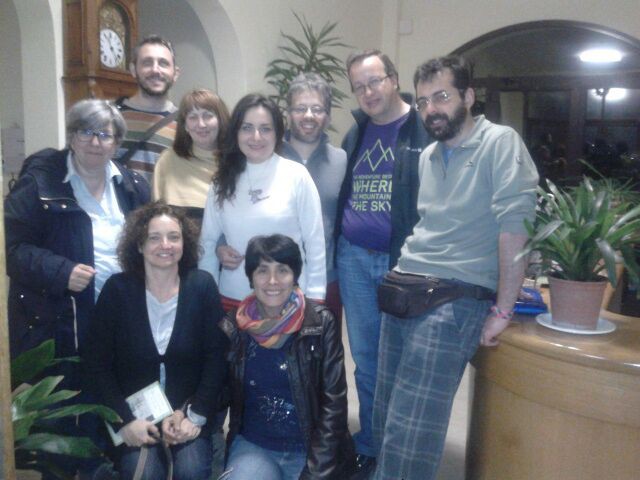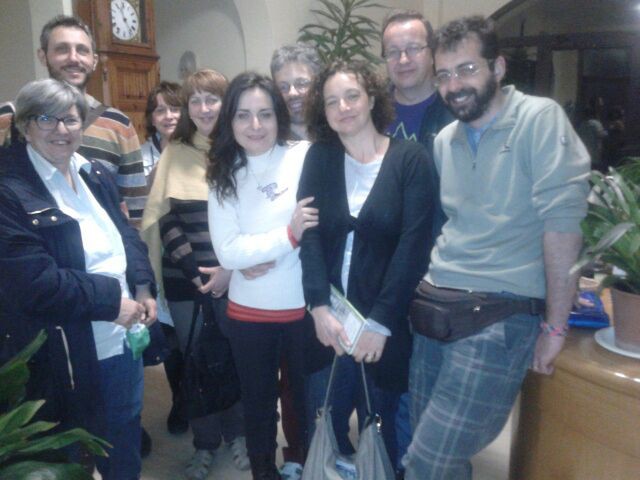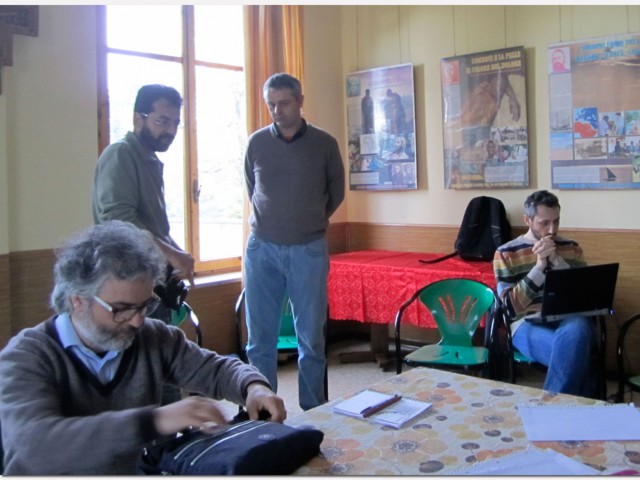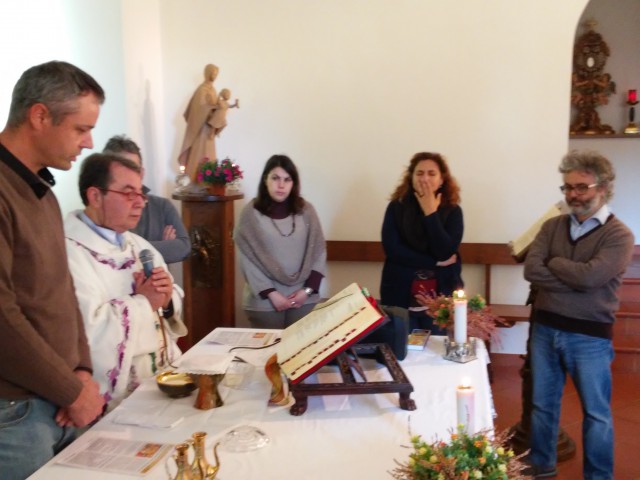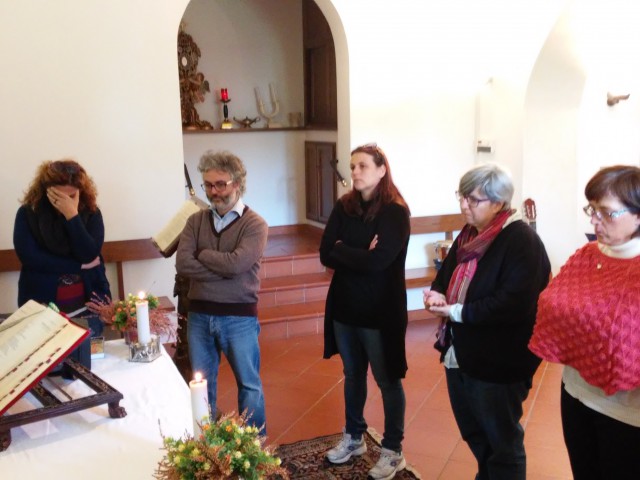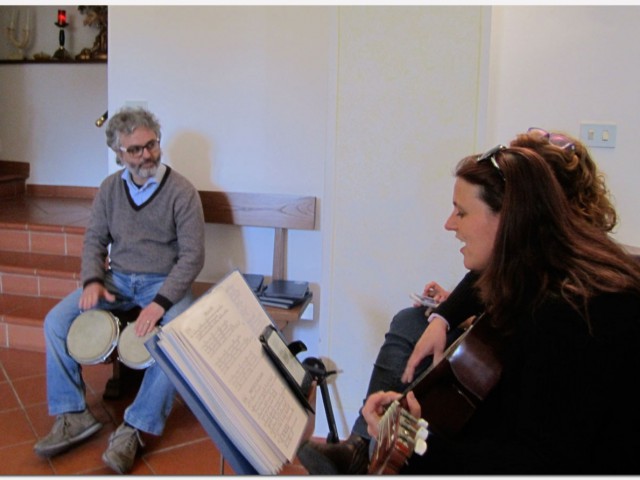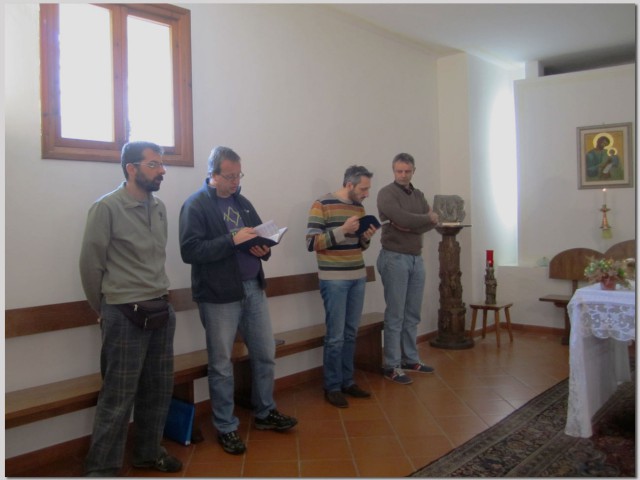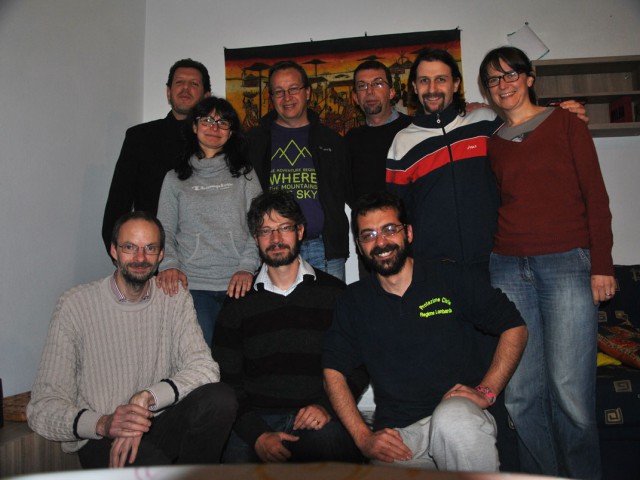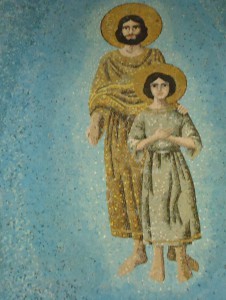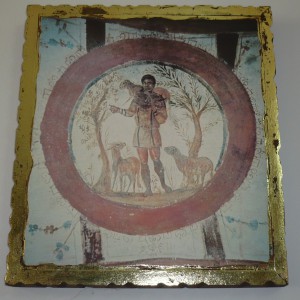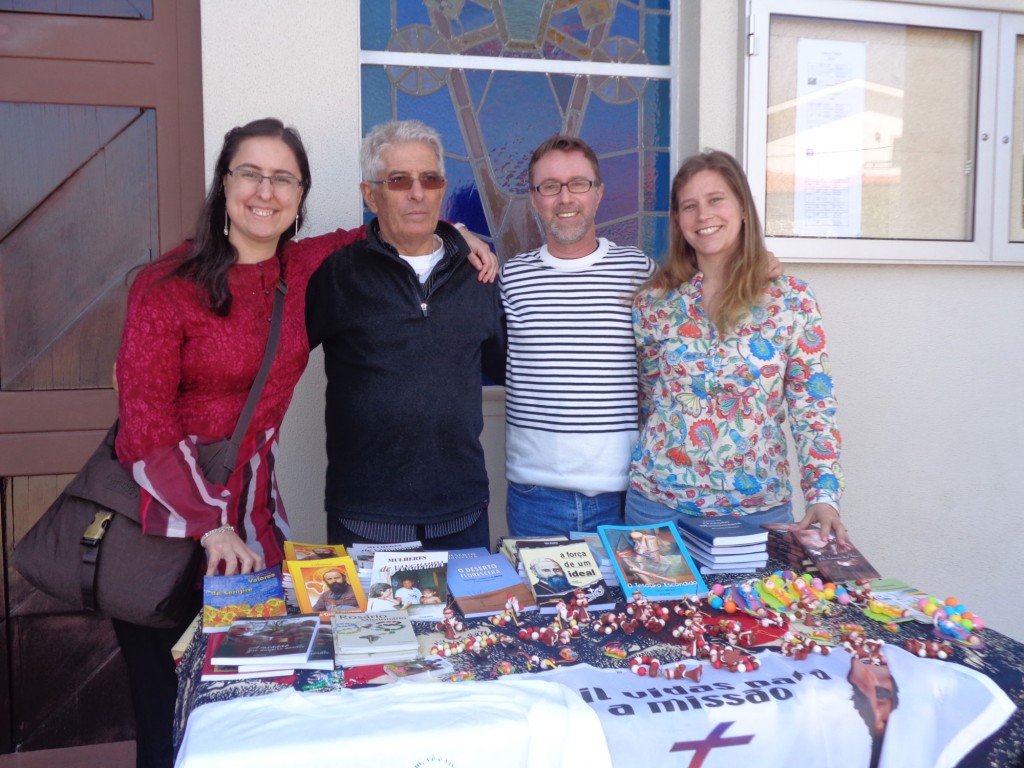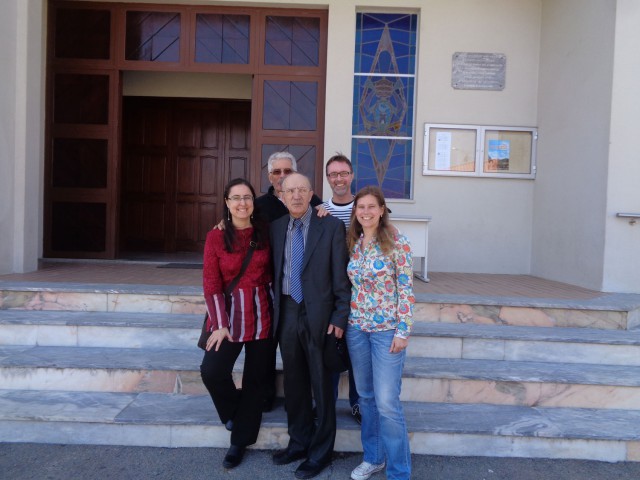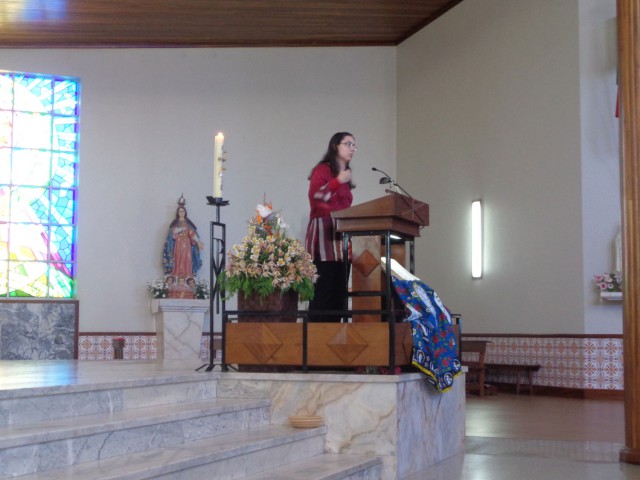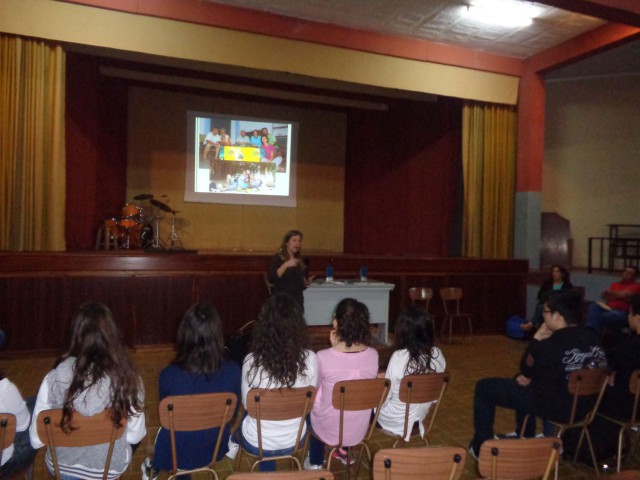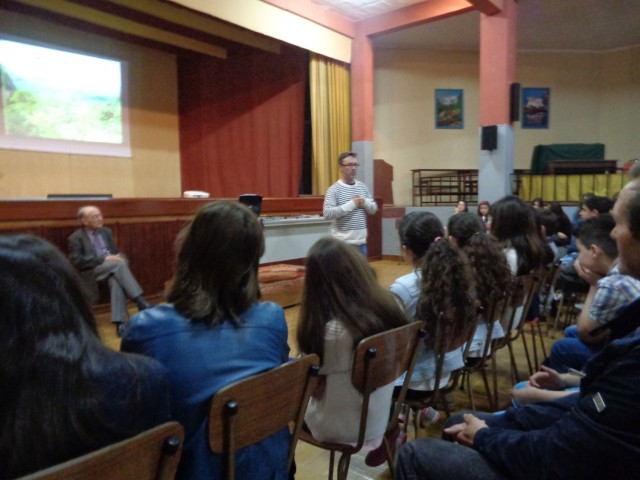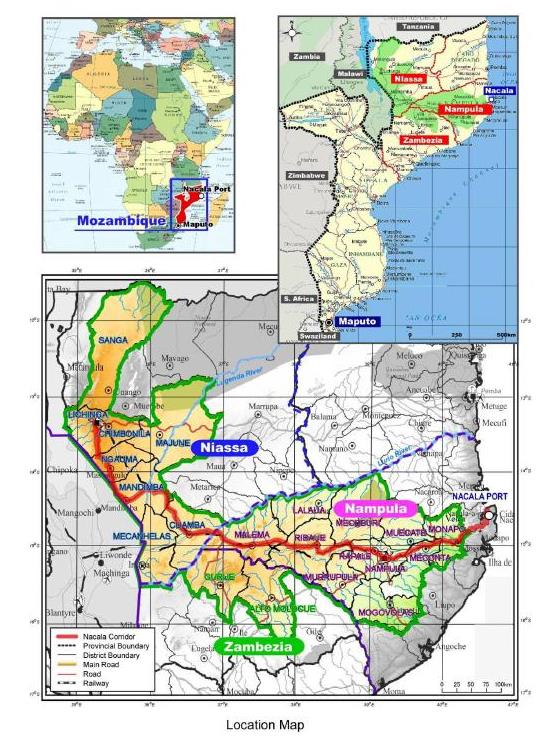 Thirty Comboni missionaries who work in the Comboni provinces of Europe have participated in the “Symposium of Limone 2015”, an event organized by the European Group for Theological Reflection (GERT), from 7 to 11 of April at Limone sul Garda (Italy), the birthplace of Comboni. This year’s theme was: “To be good news today in Europe: to consolidate, deepen and envision.” At the end of the Symposium, the participants signed a statement condemning the project of the Ministry of Agriculture and Food Security of the Government of Mozambique, who is about to grant 102,000 square km of fertile land (one third of Italy) to the Consortium ProSAVANA, made up of Mozambican, Japanese and Brazilian entrepreneurs. Below we report the press release of the missionaries.
Thirty Comboni missionaries who work in the Comboni provinces of Europe have participated in the “Symposium of Limone 2015”, an event organized by the European Group for Theological Reflection (GERT), from 7 to 11 of April at Limone sul Garda (Italy), the birthplace of Comboni. This year’s theme was: “To be good news today in Europe: to consolidate, deepen and envision.” At the end of the Symposium, the participants signed a statement condemning the project of the Ministry of Agriculture and Food Security of the Government of Mozambique, who is about to grant 102,000 square km of fertile land (one third of Italy) to the Consortium ProSAVANA, made up of Mozambican, Japanese and Brazilian entrepreneurs. Below we report the press release of the missionaries.
Mozambique: NO to the ‘land-grabbers’
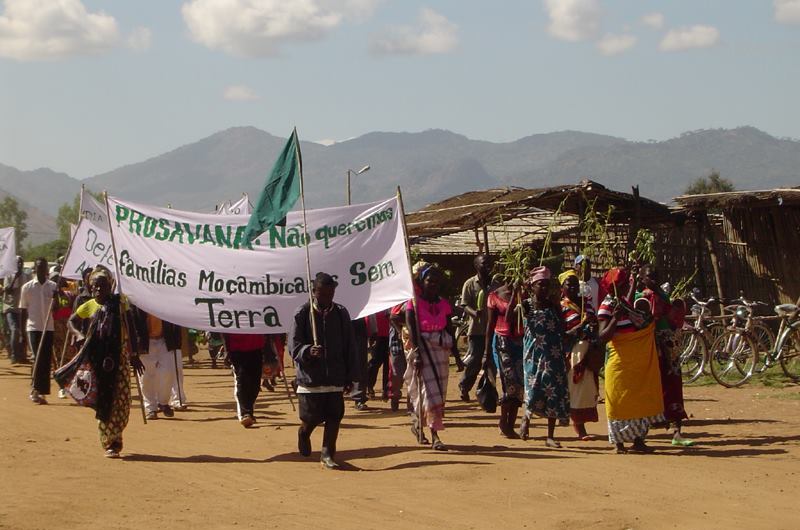
In these days in Mozambique is taking place another serious chapter of the land grabbers: the so-called land-grabbing.
In fact, the Ministry of Agriculture and Food Security of the Government of Maputo has published a document of 204 pages in which it is implied the sale of 102,000 square km of land (one third of Italy) to the Consortium ProSAVANA made up of Mozambican, Japanese and Brazilian entrepreneurs. These fertile lands are found in the northern parts of Nampula, Niassa and Zambézia. In these regions are concentrated 4.2 million people. It is amazing that Mozambique, which has about 30 million hectares of arable land, intends to yield 10.2 million hectares to a private consortium.
The Government of Maputo said that this project will help small farmers and the feeding of the population, while we very well know that this project will use very little of the local labor because high technological mechanical means will be used and the end product will solely be for export.
Where will all this population end up when removed from their land? And what will be the environmental impact of such mega-project? What will be the repercussion on the underground water resources? And, finally, what political effects will have on the fragile balance on which today the peace in Mozambique is holding on?
In support of the local farmers’ associations and of our confreres and Sisters who work with them, we Comboni missionaries and Comboni Sisters, Comboni Secular missionaries and Lay Comboni of Italy and Europe, gathered here in Limone sul Garda, the birthplace of St. Daniel Comboni, raise a warning cry against this latest act of ‘land grabbing’ that will be severely paid by over 4 million people living in those regions.
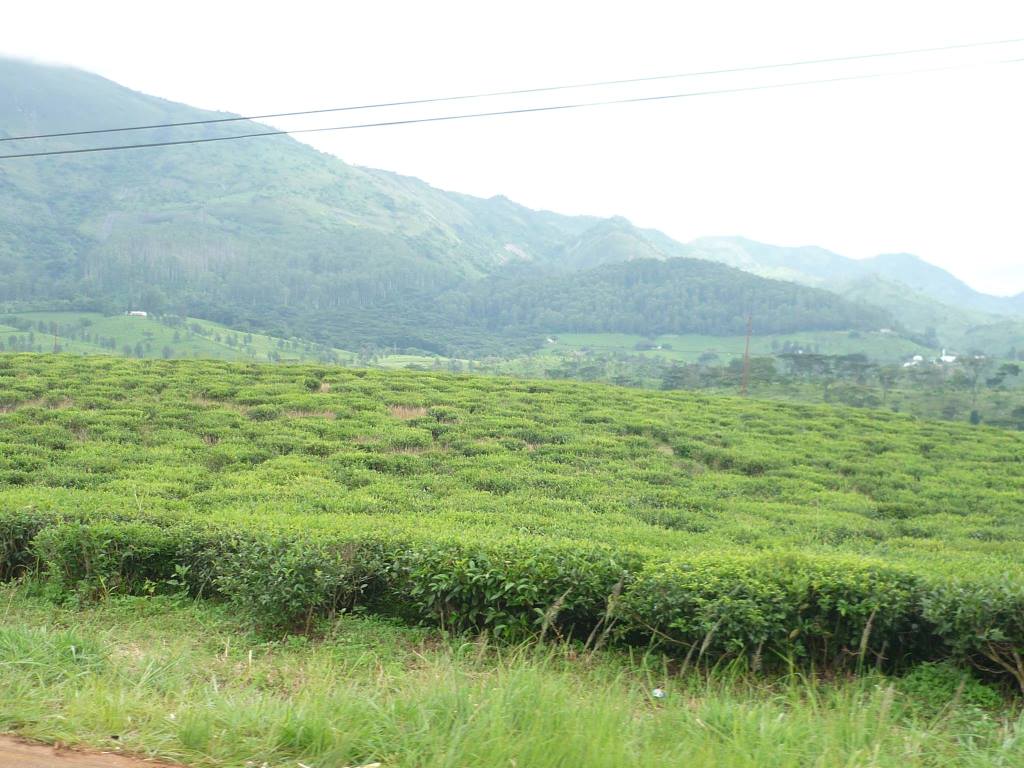
Limone sul Garda, April 10, 2015
Father Alberto Pelucchi, Vicario Generale dei Missionari Comboniani
Father Alex Zanotelli, Direttore di Mosaico di Pace, Napoli
Father Antonio Guarino, Castel Volturno, Napoli
Father Antonio Porcellato, SMA, Vicario Generale, Roma
Father Arlindo Pinto, Coordinatore di Giustizia e Pace, Roma
Father Benito De Marchi, Inghilterra
Father Dario Balula Chaves, Portogallo
Father Domenico Guarino, Palermo
Father Efrem Tresoldi, Direttore di Nigrizia, Verona
Father Fernando Zolli, Firenze
Father Gianluca Contini, Roma
Father Gino Pastore, Troia
Father Giorgio Padovan, Brasile
Father Giovanni Munari, Superiore Provinciale dei Comboniani in Italia
Father Guillermo Aguinaga, Polonia
Father Juan Antonio Fraile, Spagna
Father Karl Peinhopf, Superiore Provinciale dei Comboniani di lingua tedesca
Father Martin Devenish, Superiore Provinciale dei Comboniani del Regno Unito
Father Ottavio Raimondo, Bari
Father Palmiro Mileto, Bari
Father Pierpaolo Monella, Limone sul Garda
Sister Dorina Tadiello, Superiora Provinciale delle Comboniane in Italia
Sister Fernanda Cristinelli, Comboniana, Roma
Sister Kathia Di Serio, Comboniana, Verona
Carmelo Dotolo, Pontificia Università Urbaniana, Roma
Clara Carvalho, Secolare Comboniana, Portogallo
CLM community, La Zattera, Palermo
Felicetta Parisi, Napoli
Brother Friedbert Tremmel, Germania
Maria Lucia Ziliotto, Secolare Comboniana, Treviso
Attached:
Comunicado_de_imprensa_ProSAVANA.pdf
Master_Plan_ProSAVANA.pdf
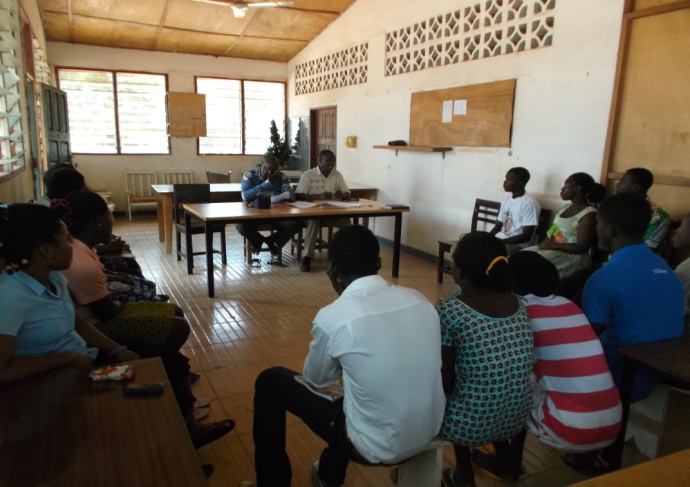 Since the Provincial Counsel has assigned Fr Godwin Kornu to journey with us, we have also started focusing on the formation process. In the line of this, we have our monthly formation at Bakpa-Avedo, an out-station of Mafi-Kumase, the quasi-parish where resides our chaplain. The theme should have been Comboni’s Faith, but father decided to talk first of all about FAITH. Father started by defining Faith in four ways:
Since the Provincial Counsel has assigned Fr Godwin Kornu to journey with us, we have also started focusing on the formation process. In the line of this, we have our monthly formation at Bakpa-Avedo, an out-station of Mafi-Kumase, the quasi-parish where resides our chaplain. The theme should have been Comboni’s Faith, but father decided to talk first of all about FAITH. Father started by defining Faith in four ways:



